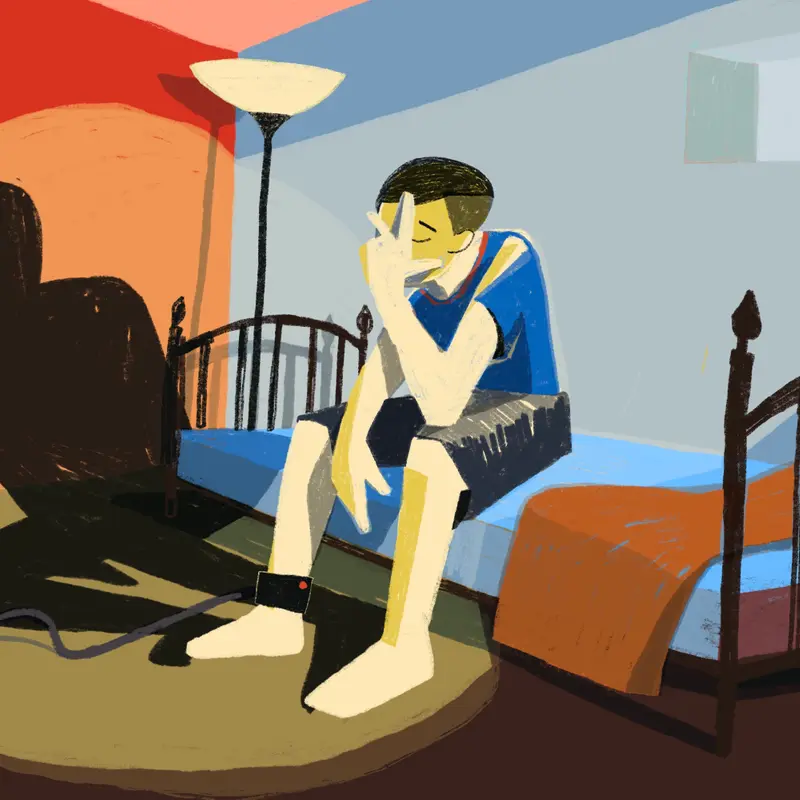In partnership with Detroit Free Press, Bridge Michigan, Bridge Detroit and Outlier Media.
Last summer, ProPublica, the Detroit Free Press and Bridge Michigan co-published the story of Grace (her middle name, used to protect her identity), a 15-year-old girl who had been sent to a detention center in suburban Detroit. Her offense: failing to complete online schoolwork. Our reporting spurred calls from politicians for her release and a #FreeGrace social media campaign, and less than three weeks after we broke news of the case, the Michigan Court of Appeals ordered her release.
But there was more to the story. A recent ProPublica analysis of Michigan’s juvenile justice system found that judges routinely lock children up for noncriminal offenses like disobeying their parents or skipping school.
Join us for this live digital event moderated by ProPublica reporter Jodi S. Cohen. Featuring Grace, local experts, elected officials, judges, prosecutors and journalists, panelists will explore the problems with Michigan’s juvenile justice system and potential paths to reform. We will also address your questions.
Speakers include:
- Elizabeth T. Clement, Michigan Supreme Court justice
- Duaa Eldeib, ProPublica reporter
- Sylvia Santana, Michigan state senator
- Eli Savit, Washtenaw County prosecutor
- Jason Smith, executive director of Michigan Center for Youth Justice
- Frank Vandervort, University of Michigan Law School professor
As our investigation revealed, Michigan ranks fourth in the nation — trailing only the much more populous states of California, Texas and Florida — in the number of minors held for noncriminal technical violations. What’s more, with no statewide coordination and little oversight, the state doesn’t know how many juveniles are in custody or what happens once they’re in the system.
This event has ended.

